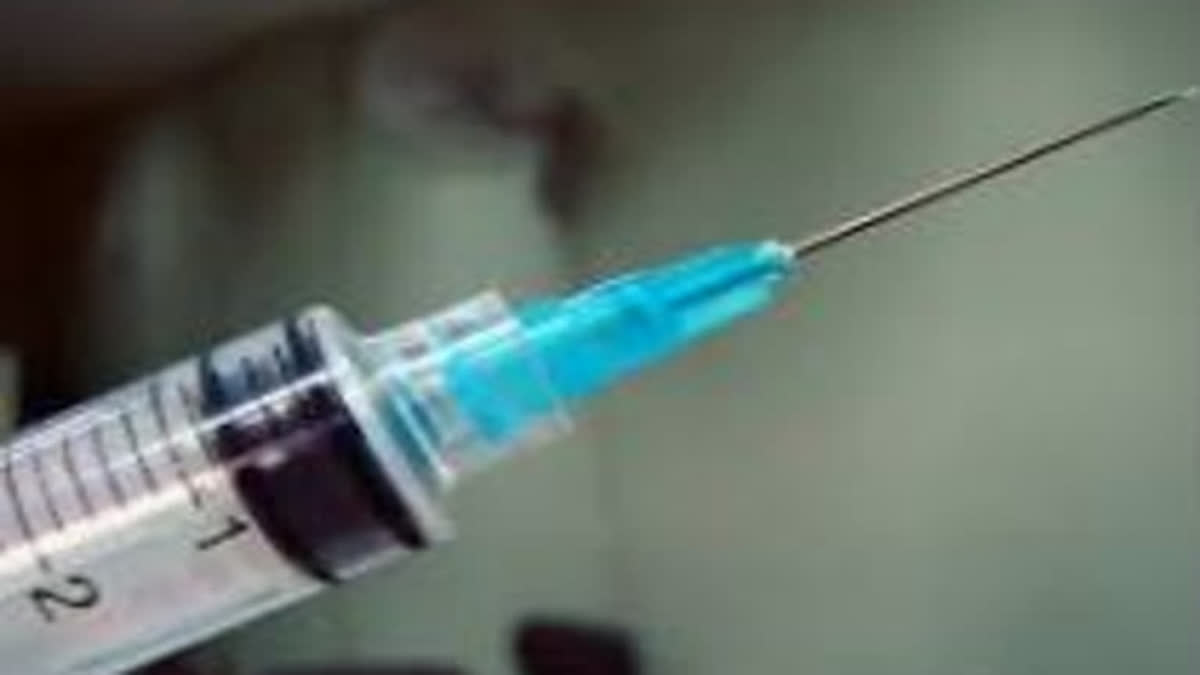New Delhi: An expert group constituted by Niti Aayog to prepare a framework for future pandemic preparedness has suggested enacting separate legislation to handle public health crises. The report titled 'Future Pandemic Preparedness and Emergency Response - A Framework for Action' said learning from the experience of COVID-19, the experts have realised that responding in the first 100 days of an outbreak is crucial for effective management.
"A separate Public Health Emergency Management Act (PHEMA) is proposed to facilitate the management of any public health crisis. "The PHEMA can address various aspects beyond epidemics, including non-communicable diseases, disasters, and bio-terrorism, and should be in place for a developed country," it said.
It will allow a holistic approach to health management, covering prevention, control, and disaster response, the report added. "The Act would also provide for the creation of skilled public health cadres at national and state levels," it said. The report also observed that it is critical to be ready with strategies and countermeasures, which can be made available within the first 100 days.
The report proposed that an Empowered Group of Secretaries (EGoS) chaired by the Cabinet Secretary be established for Pandemic Preparedness and Emergency Response, and a well-oiled machinery is put into action, which prepares and readies itself before any emergency. "A well-structured scorecard mechanism should regularly monitor the progress of key targets," the report said.
According to the report, the priority targets would be the development of capacities for both human resources and infrastructure, the development of innovative countermeasures, appropriate high-risk financing for getting high returns in terms of saving lives and minimising economic loss, a well-developed robust, responsive regulatory framework, and a strong surveillance network connecting epidemiological data with genomic, laboratory and clinical data.
The report also suggested that there is a need to connect the epidemiological surveillance data with the genomic data and develop clinical correlations using hospital and lab data. "A strong surveillance network is proposed, which allows community and hospital data to flow seamlessly to a unified data portal for data access and sharing across all relevant sectors," the report said, adding that this will need a well-articulated data sharing and communication policy and assigning authority to key persons for decision-making.
To take effective and timely action, it said a Pandemic Preparedness and Emergency Response Fund needs to be established. The report said that during COVID, need-based finance packages were made available for some of the emergency response activities like genomic surveillance, vaccine and diagnostic development, research resources and shared infrastructure.
However, it noted adequate finances are also required to be made available for pandemic preparation. Emphasising that the Indian regulatory system needs special attention, the report said there is a need for global harmonisation of regulatory norms to allow acceptance of regulatory data across the world's recognised regulatory authorities and a common framework for innovative technologies and accelerated response for emergency approval.
"The need for a clinical trial network for global multi-locational trials has been suggested," it said, adding that this would facilitate speedy access to globally developed countermeasures. The report noted that the regulatory authority (Central Drugs Standard Control Organisation) needs special powers through legislation and requires technical competence strengthening and autonomy in functioning to meet these requirements.
The terms of reference of the group were to draw lessons and experiences, both national and global, on how COVID was managed and visualise preparedness elements and future pathways for fighting any infectious public health crisis. According to the report, the research ecosystem in India needs strengthening. The research ecosystem of India needs strengthening.
The WHO has warned that 75 per cent of future public health threats globally are likely to be zoonotic threats (which could be due to emerging, re-emerging and new pathogens). The recommendations of the Pandemic Preparedness and Emergency Response Framework (PPER) are based on four pillars -- Governance, Legislation, Finance and Management; Data Management, Surveillance and Early Predictive Warning, Forecasting and Modelling; Research and Innovation, Manufacturing, Infrastructure, Capacity building/Skilling; and Partnership, Community engagement, including risk communication, Private sector partnerships and international collaborations.
Preparing the proposed framework for action for future pandemic preparedness and emergency response involved consultations with over 60 experts and stakeholders, analysing the experience so far, examining national and global success stories and identifying key gaps that need attention. Former secretary of the Department of Biotechnology Renu Swarup was the chairman of the expert group. The members of the group include former chief scientist of WHO Soumya Swaminathan and former director of NCDC Sujeet Singh.



